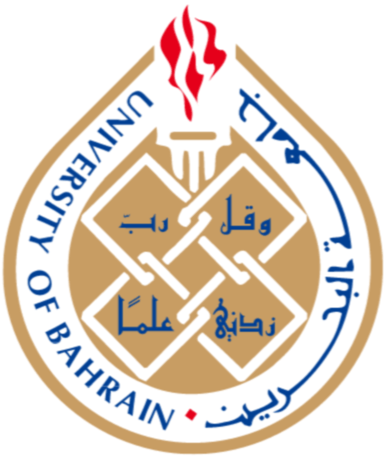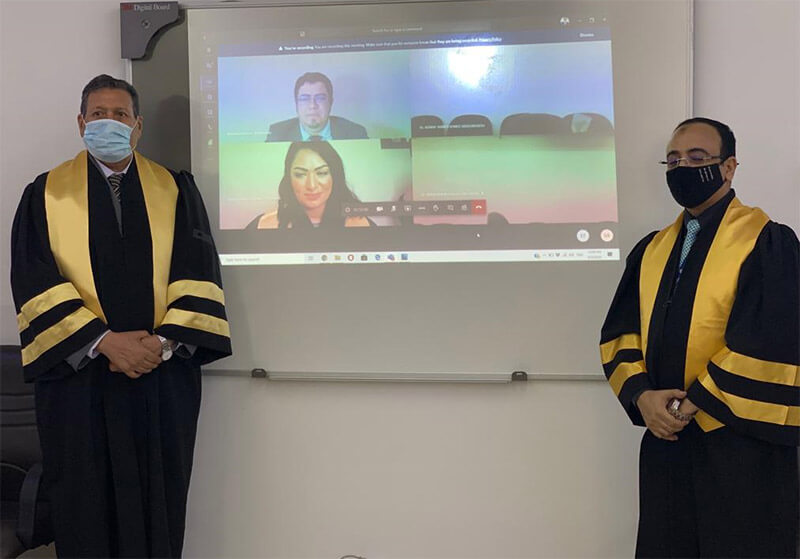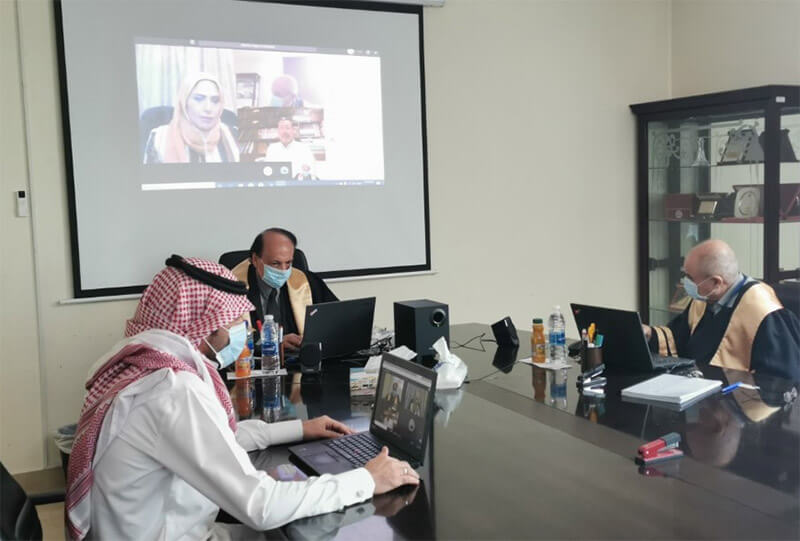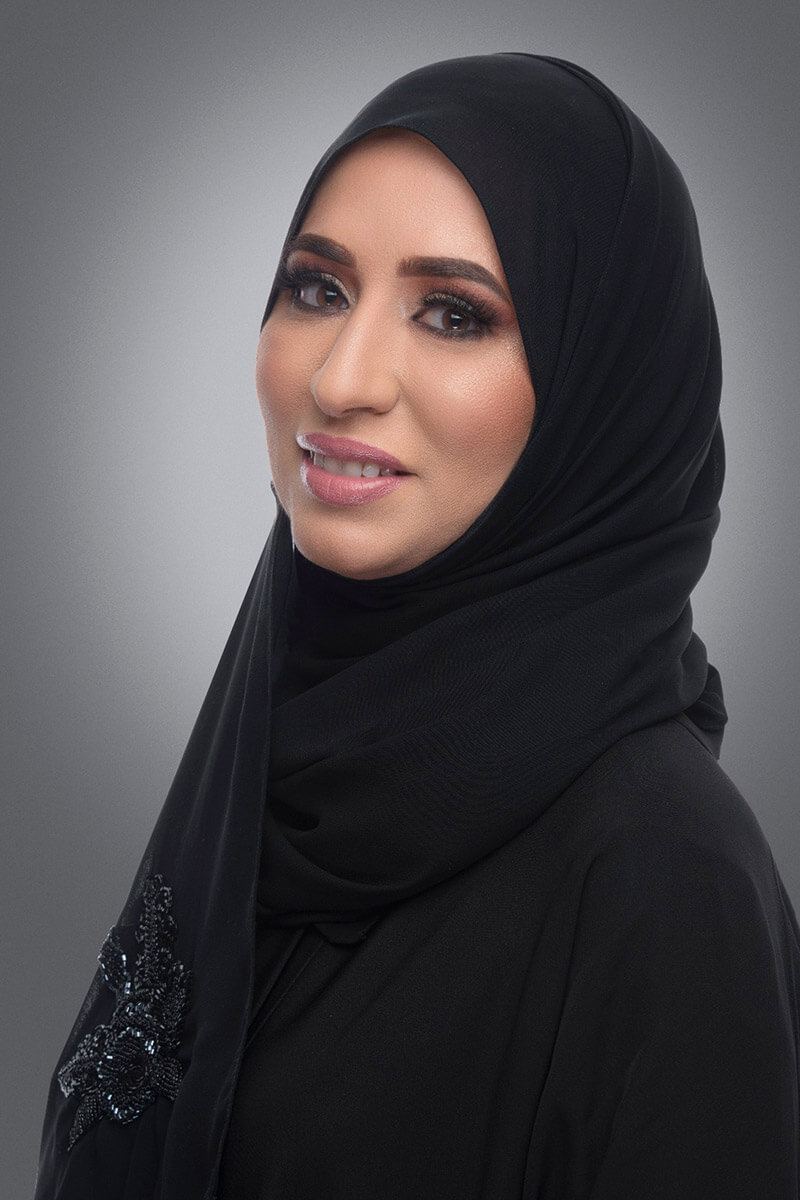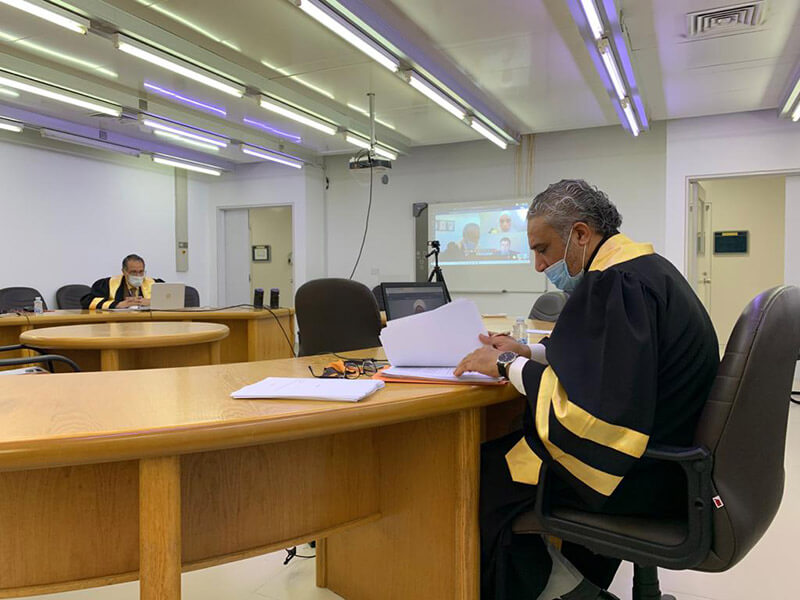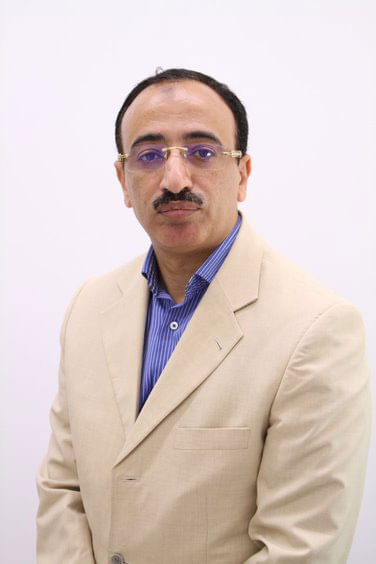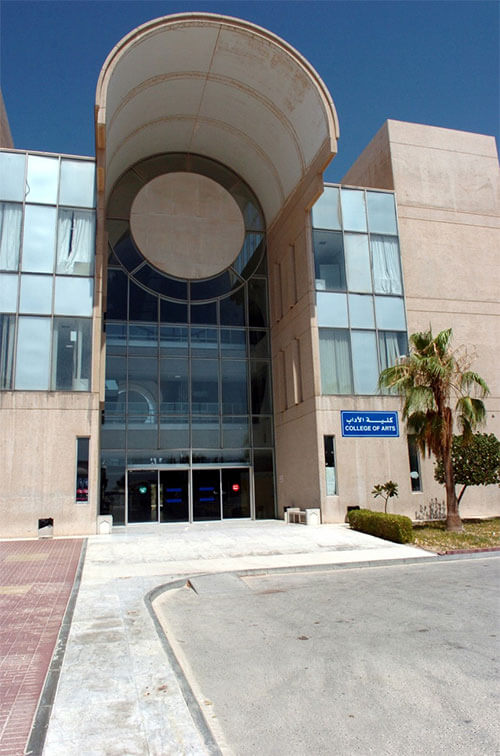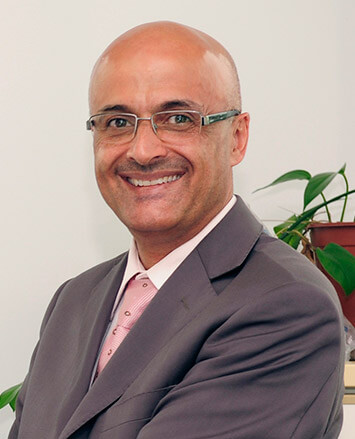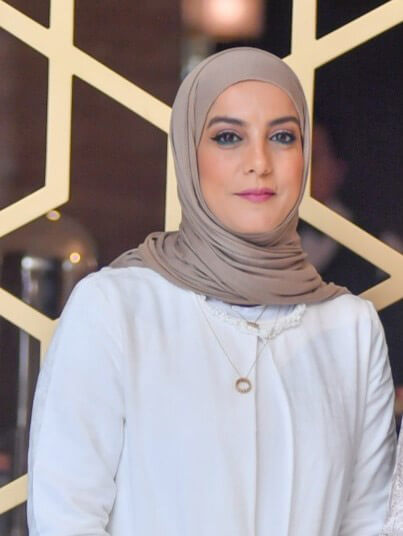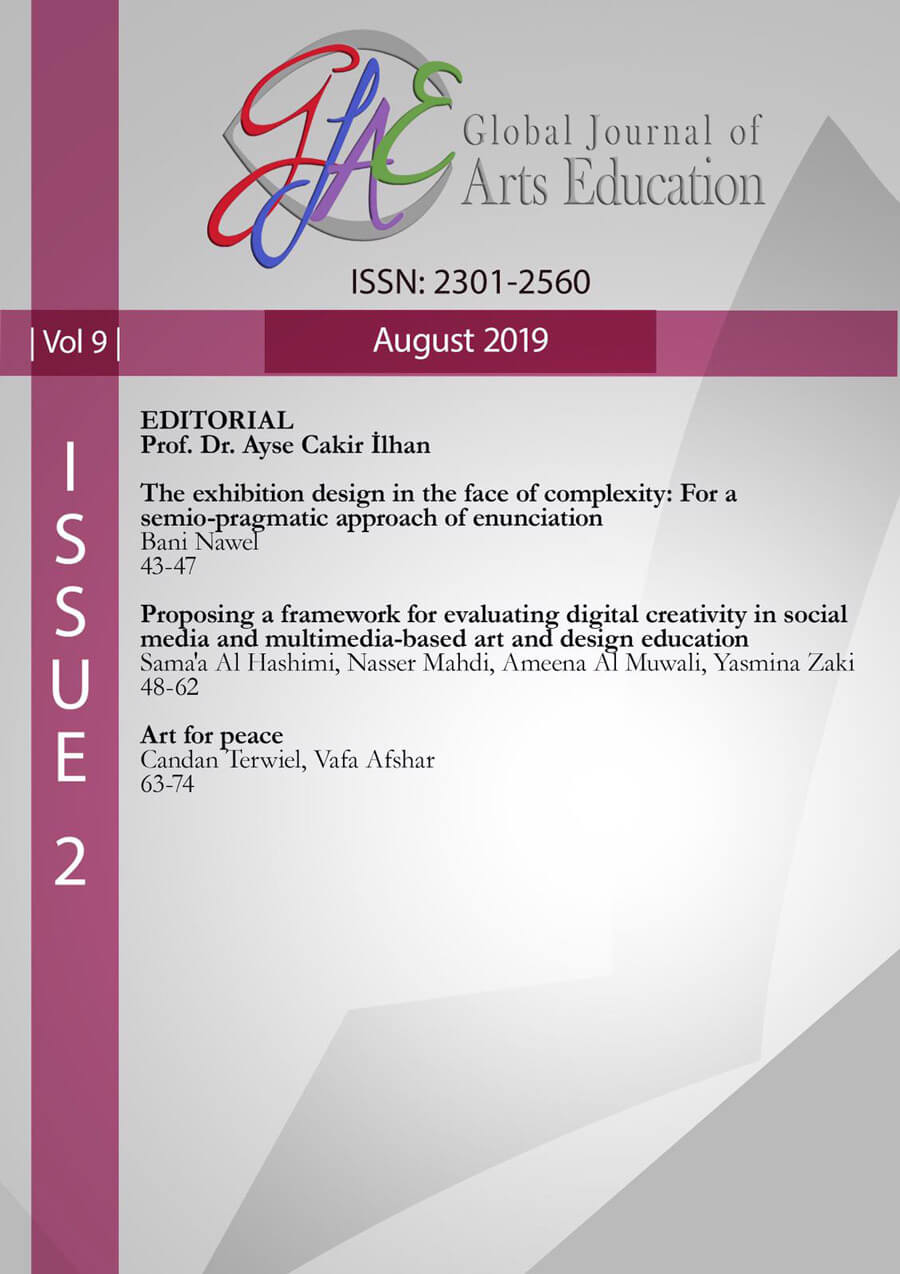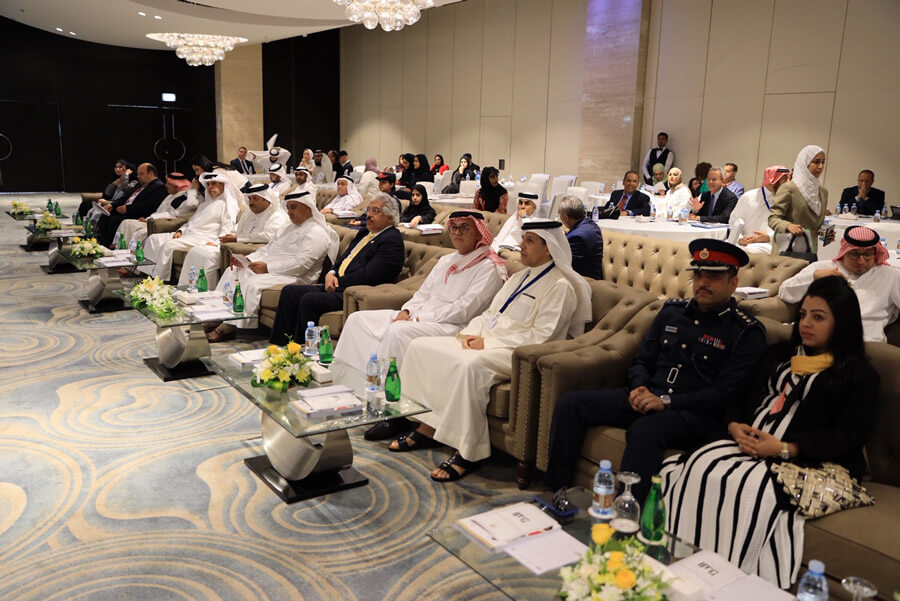The Majority of Students Use Mobile Phones to Access Digital Media
The Majority of Students Use Mobile Phones to Access Digital Media
A Thesis Calling for Promoting the Concept of Media Education and Its Inclusion in Curricula
A study at the College of Arts at the University of Bahrain (UOB) called for promoting the concept of media education among those in charge of it, such as teachers and learning resource specialists in the school so that they would be able to instill knowledge values ??in the students’ digital utilization.
The scientific study was presented by the student in the Master of Media program at the University, Shatha Abdullah Al-Moradi, and it discussed the role of media education in forming cognitive cultural values ??in light of digital utilization.
In its recommendations, the study referred to the importance of introducing media education in school curricula, noting the importance of seeking assistance from experts from UNESCO to provide specialized training courses in media education, and to involve parents in media education courses for its significant impact on upbringing young people.
The researcher Al-Moradi explained that the concept of media education appeared in the late sixties of the last century, in which experts focused on the possibilities of using communication tools to achieve tangible benefits as an educational method, therefore media education began to be viewed as a protection project whose goal is to protect children and youth from the dangers created by the media by detecting false messages and "inappropriate" values ??and encouraging students to reject and getting past them.
Moreover, she indicated that the UNESCO affirmed that media education is as important as the issue of spreading a culture of human rights, as the UNESCO recommends the necessity of introducing media education into the national educational curricula and within informal education systems and lifelong learning.
Also, Al-Moradi stressed the importance of regulating the use of digital media by individuals, enabling them to use digital media in a way that contributes to the formation and development of their knowledge values, and achieving the greatest benefit from the amount of information circulating through digital media, in addition to saving them from the risks they may be exposed to through digital utilization.
The researcher applied her study on a group of students from the Student Media Center of the Ministry of Education in the Kingdom of Bahrain and another group of high school students who did not register in the center, using the quasi-experimental approach comparing two control and experimental groups, to measure media awareness and media education among students in light of digital utilization.
An examination committee discussed the researcher Shatha Al-Moradi in her thesis, which consisted of Professor of Media and Public Relations in the Department of Media, Tourism and Arts at UOB Dr. Ashraf Ahmed Abdelmogeth as a supervisor, the professor of Media and Public Relations in the same department Dr. Redha bin Hammoud Muthanani as an internal examiner, and the professor of media at the University of Hail in the Kingdom of Saudi Arabia, Dr. Mohammed Al-Nazir as the second external examiner.
The findings of the study showed that students' ownership of electronic devices reached 99.5%, which indicates that the process of accessing digital utilization has become much easier than before, as there is no material difference and everyone is able to use and follow media websites.
Also, it was found that the majority of students use mobile phones to access digital media more than relying on computers and information systems laboratories, which indicates that owning mobile phones in itself is a facilitation of the digital utilization process, which is clearly reflected in the rate of use.
Furthermore, the study revealed the increased ability of the Student Media Center’s regular students to produce information materials and their superiority over the rate of production of non-regular students, which confirms that increasing the student’s knowledge on how to use digital means of communication will increase his media awareness, indicating that media training courses have a significant role in increasing awareness among students, and especially regarding digital utilization, as there is a clear positive impact of training courses on students who are regular at the Student Media Center, through their selection of information materials and forwarded media messages.
The study confirmed the entrenchment of knowledge values ??among students who are regular in training courses at the Student Media Center, such as the values of honesty and responsibility towards others, in addition to the value of honesty and national values.
Sustainable Development Goals
4 Quality education
17 Partnerships for the goals
Key Words
UNESCO, Media Education, Regulating the Use of Digital Media, Detecting False Messages, The Quasi-Experimental Approach, Using Mobile Phones to Access Digital Media,
